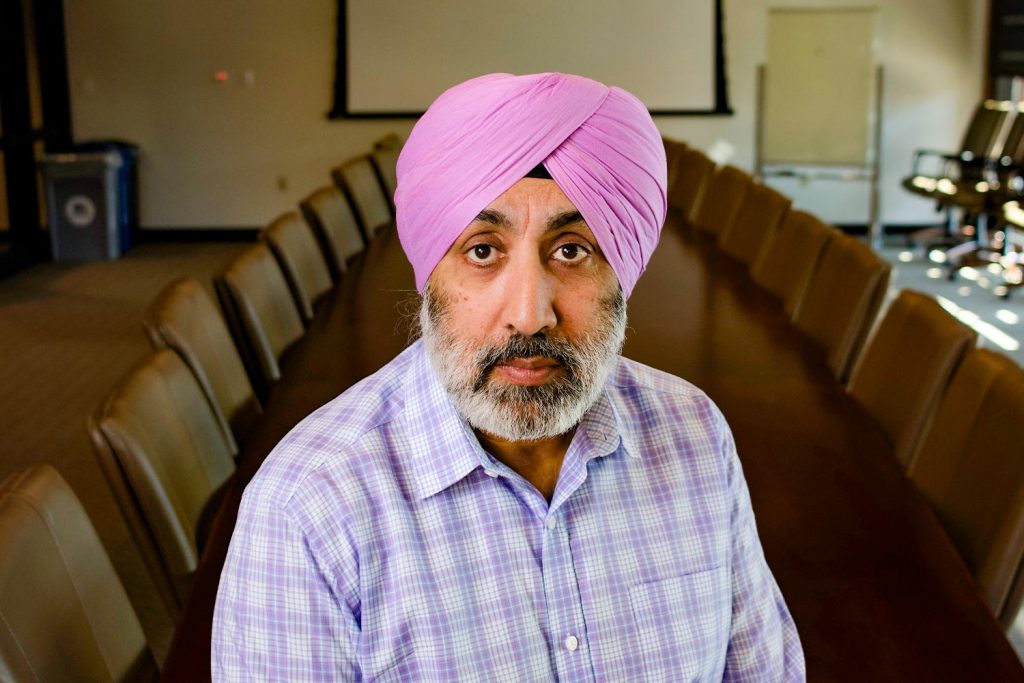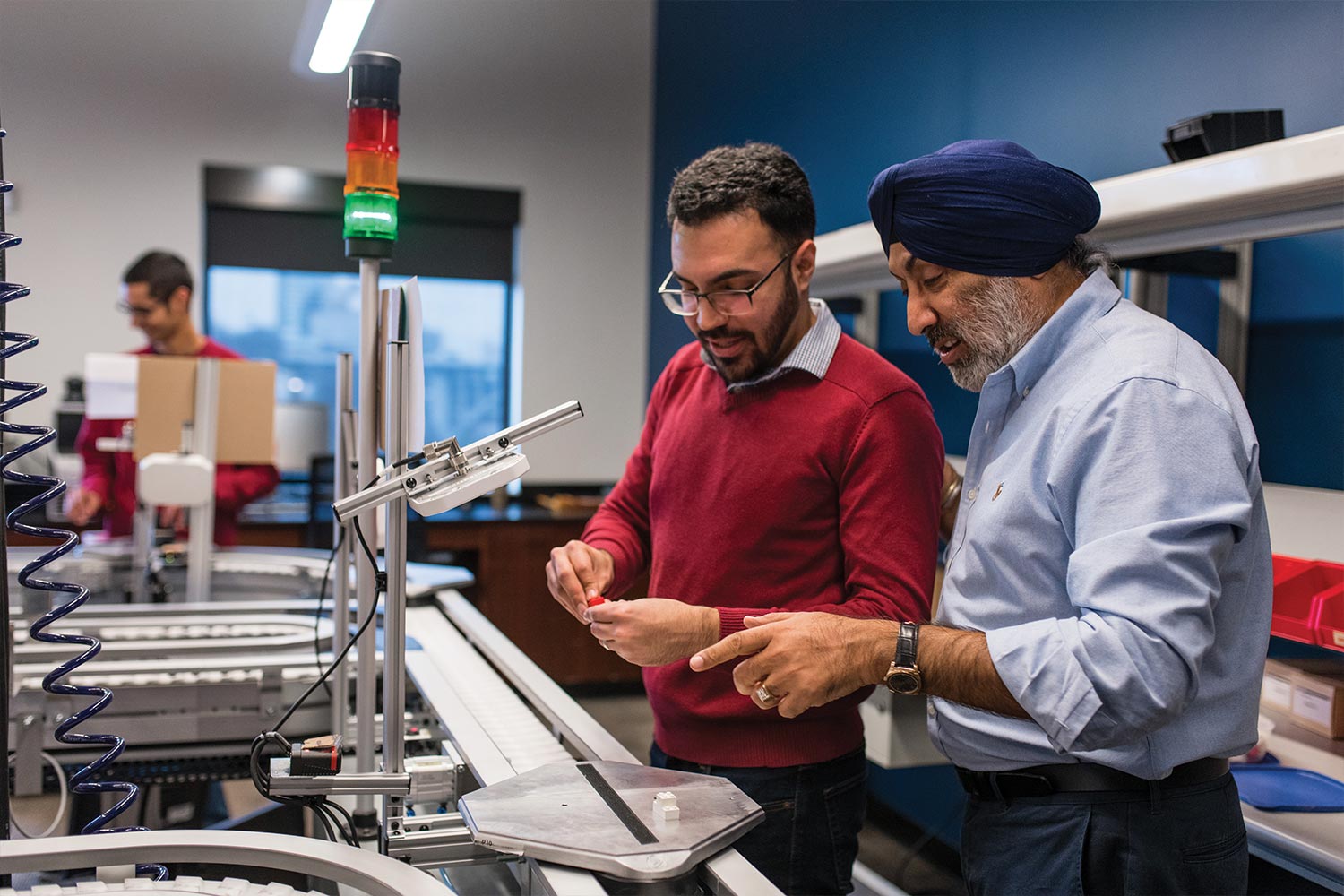Professor Rupy Sawhney is a real people person. His open, friendly demeanor, and welcoming voice inspire engagement whether chatting about the weather or discussing the effectiveness of systems engineering approaches.
His systems approach and research seek to better integrate engineering with the needs of the people involved.
“Sawhney is an exemplary faculty member who always focuses on the human being,” said John Kobza, head of the Department of Industrial and Systems Engineering. “Whether it is the community member or worker whose environment and quality of life are improved by his research, the student he mentors, or the faculty colleagues he partners with to move the department forward.”

Beyond his teaching duties, Sawhney works with area industry and maintains multiple nonprofit and pro-bono projects, including participation with the Knoxville mayor’s council for disability initiatives. He happily shares credit with a community of collaborators.
“I have a group around me that helps me, so all of this is not just me doing it,” said Sawhney. His team within the Center for Advanced Systems Research and Education (CASRE) works to increase the effectiveness of systems while helping the people involved maintain quality in their lives as an integral criteria of the systems’ design.
“Part of it is that people say the number one place where people get under stress is at work,” said Sawhney. This mental stress can take a toll, and result in health crises such as opioid use, drug and alcohol abuse, and depression.
“So, what we’ve come up with is a research compliment of a model that is much more compassionate.”
Five pillars support this model. The research seeks to establish a “system design with a soul,” an alternative operational model that focuses on systems, reliability, and human motivation and behavior. That first pillar is reinforced via real-world testing—using industry as a laboratory and bringing together parties in a symposium to share ideas. That is followed by the development of innovative educational models, building an international community through participation, and offering socially responsible support to local and regional communities.
It’s better integrating engineering with people—more of an integration with the social aspects, the psychological aspects of humans.”
—Rupy Sawhney
The CASRE team presented research earlier this spring to show how they were able to increase the productivity of a facility by around 70 to 80 percent, yet allow the 200 to 300 employees there to actually work less. They have also developed multiple teaching opportunities that work with their model.
These collaborations with community and industry—and the pro-bono work with area non-profits—allow for a “living laboratory” element to the ongoing research.
“Our courses that we teach within ISE are part of that process,” said Sawhney. “So, our students are getting material that’s not out of a book, but it comes from a very unique experience.”
It all adds up to an expression of the Volunteer Spirit than enriches both the education of Engineering Vols and numerous lives beyond campus.
